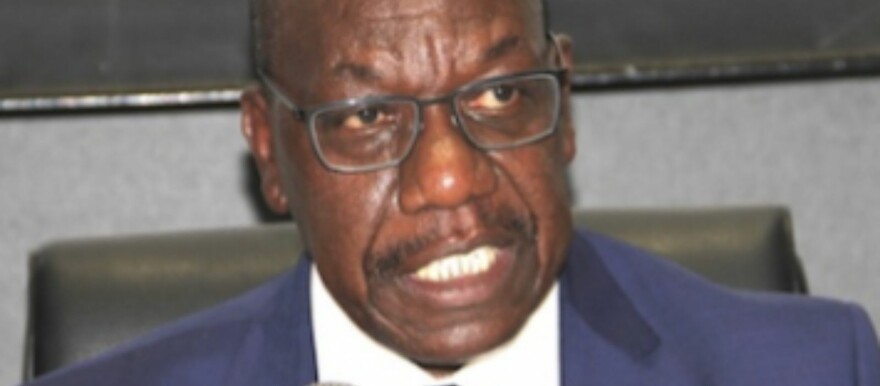The Reconstituted Joint Monitoring and Evaluation Commission (RJMEC) has saluted the contributions of women to the implementation of the Revitalised Agreement on the Resolution of the Conflict in South Sudan (R-ARCSS).
According to a statement from the Commission, March 8, International Women’s Day, is a day when the world marks the social, economic, cultural, and political achievements of women.
“During the IGAD-led High-Level Revitalization Forum (HLRF) of the Parties and stakeholders which culminated into the Revitalised Peace Agreement, South Sudanese women played a critical role in successfully negotiating issues affecting them. The chief mediator was a woman,” the statement read in part. “The increase in women’s representation from 25 percent under the previous Peace Agreement to 35 percent under the Revitalised Peace Agreement is a demonstration of women’s agency in arguing their case for effective representation and participation in political processes, including in all State institutions.”
RJMEC Chairperson, Amb. Maj Gen (rtd) Charles Tai Gituai, says, however: “The slow implementation of the different chapters of the agreement affects women’s meaningful participation in the ongoing political and constitution-making processes.”
“How will women participate when they and their families remain hungry, lack protection, are stuck in refugee or IDP camps, have no IDs, no access to basic services, and are preoccupied with the challenge of feeding their families without access to income or productive resources?” Akb. Tai asked.
He said RJMEC encourages women to engage multiple stakeholders in their circles of influence, key among which is to appeal to the Revitalised Transitional Government of National Unity, to take action to improve the environment for women’s participation through programming and interventions targeted at investing in women to accelerate progress.
“The letter and spirit of the gender provisions in the Revitalised Peace Agreement are deep and far-reaching, and aimed at creating a conducive environment for women in South Sudan to actively participate in the political, economic, and social life of their country,” Tai stated. “RJMEC further encourages the Parties to the Agreement to facilitate the meaningful participation of women in all aspects of Agreement implementation.”




